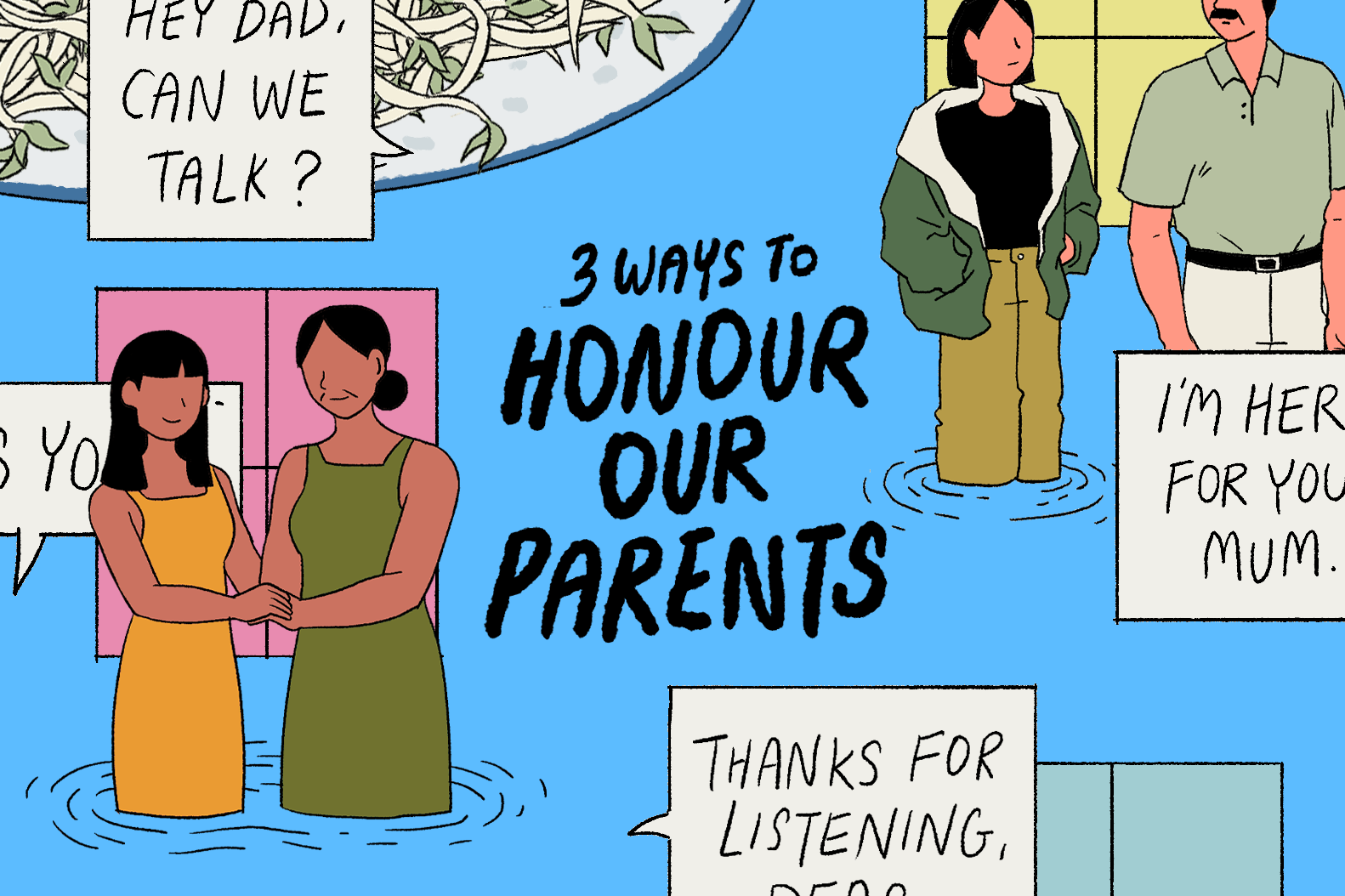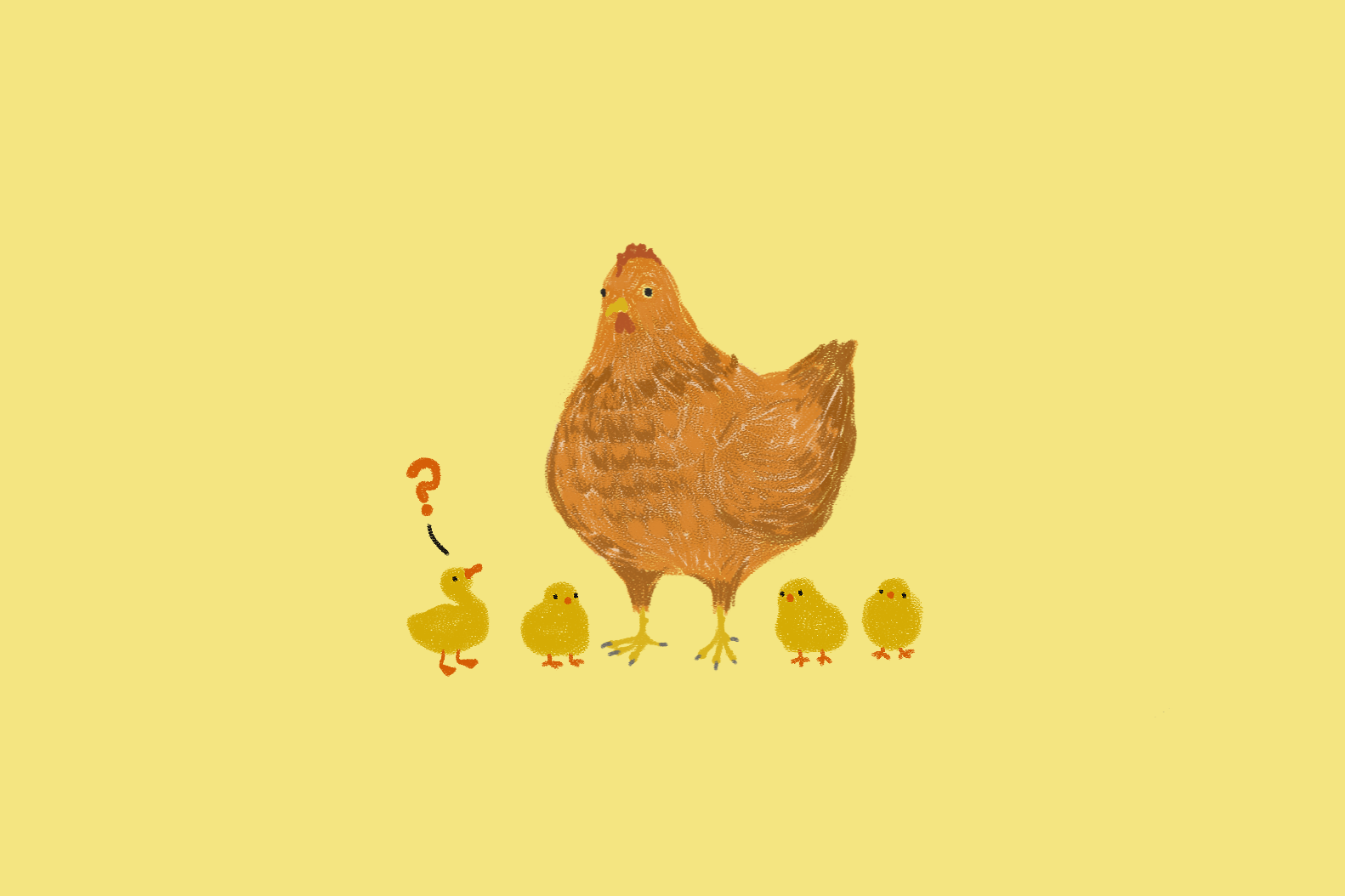*MASSIVE SPOILERS AHEAD*
How To Make Millions Before Grandma Dies topped Singapore box office last weekend.
Popularly known as a tear-jerking show, the Thai movie has gained much traction on social media. Other than videos of people showing their post-movie puffy eyes, many are also amused by the creative alterations to the movie title because of its lengthy name.
After seeing all these reviews on social media, I had great expectations. I was anticipating a good cry from the movie, so I brought along the lotion tissue that I bought from Japan.
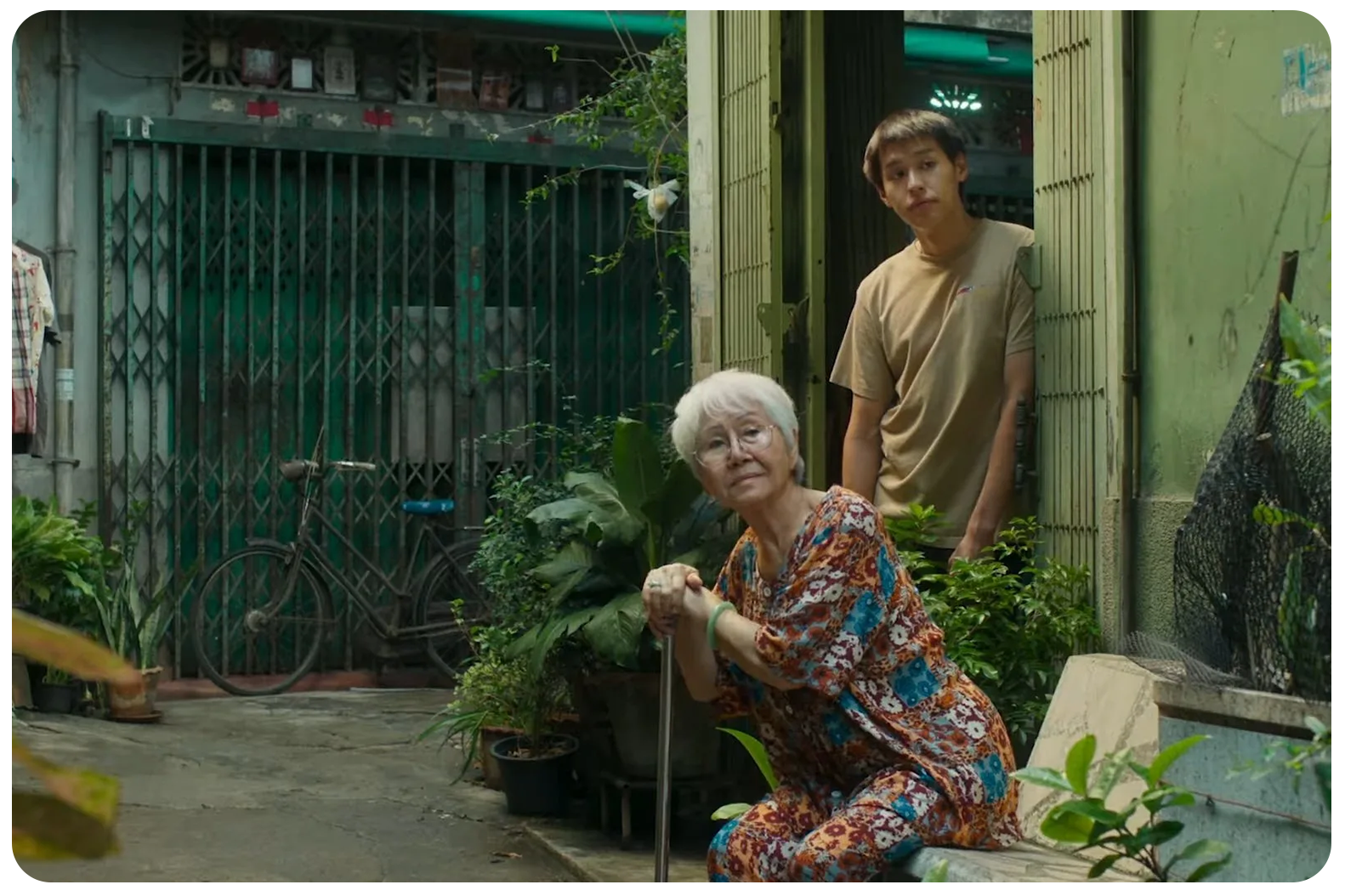
Throughout the movie, I was waiting to see how the main character, M would grow to love his Amah (grandma) sincerely. I was hoping that M would eventually drop his agenda of getting Amah’s inheritance.
So when M walks away after Amah has given her house to her younger son Soei, I was disappointed.
Filled with frustration and bitterness, M says to Amah, “I thought the caregiver would inherit the house?
“Why am I not your number one? What am I to you?”
Amah, with tears flowing down her cheeks, simply replies, “You have taken good care of me. Very good, actually.”
M’s reaction was understandable. But I was disappointed that M is still fixated on the inheritance after spending so many months with Amah.
But as more context was revealed in the movie, I soon realised that the heart of the story isn’t M’s love for Amah. It is actually Amah’s love for her children and grandchildren.
Reflecting on that personal yet unconditional love brought tears to my eyes. And I couldn’t stop crying even after the movie ended.
Love has no comparison
M’s complaints to Amah reminded me of the Parable of the Lost Son. His remarks are oddly similar to how the older brother reacted to the celebration.
“The older brother became angry and refused to go in. So his father went out and pleaded with him. But he answered his father, ‘Look! All these years I’ve been slaving for you and never disobeyed your orders. Yet you never gave me even a young goat so I could celebrate with my friends. But when this son of yours who has squandered your property with prostitutes comes home, you kill the fattened calf for him!’” (Luke 15:28-30)
M thinks that he deserves the inheritance after spending months staying with Amah and taking care of her. He is hoping to be rewarded for his hard work.
Hence, he is upset that Amah gave her house to his gambler uncle Soei. How could she give her inheritance to the prodigal son who stole her money?
The older brother in the parable thought that same way too. He wanted to be rewarded for obeying his father. And he was jealous that his father threw a celebration for the prodigal son who had squandered all his wealth.
But what they both didn’t understand, is that there’s no comparison in love. Love is personal, and it is expressed differently towards different people.
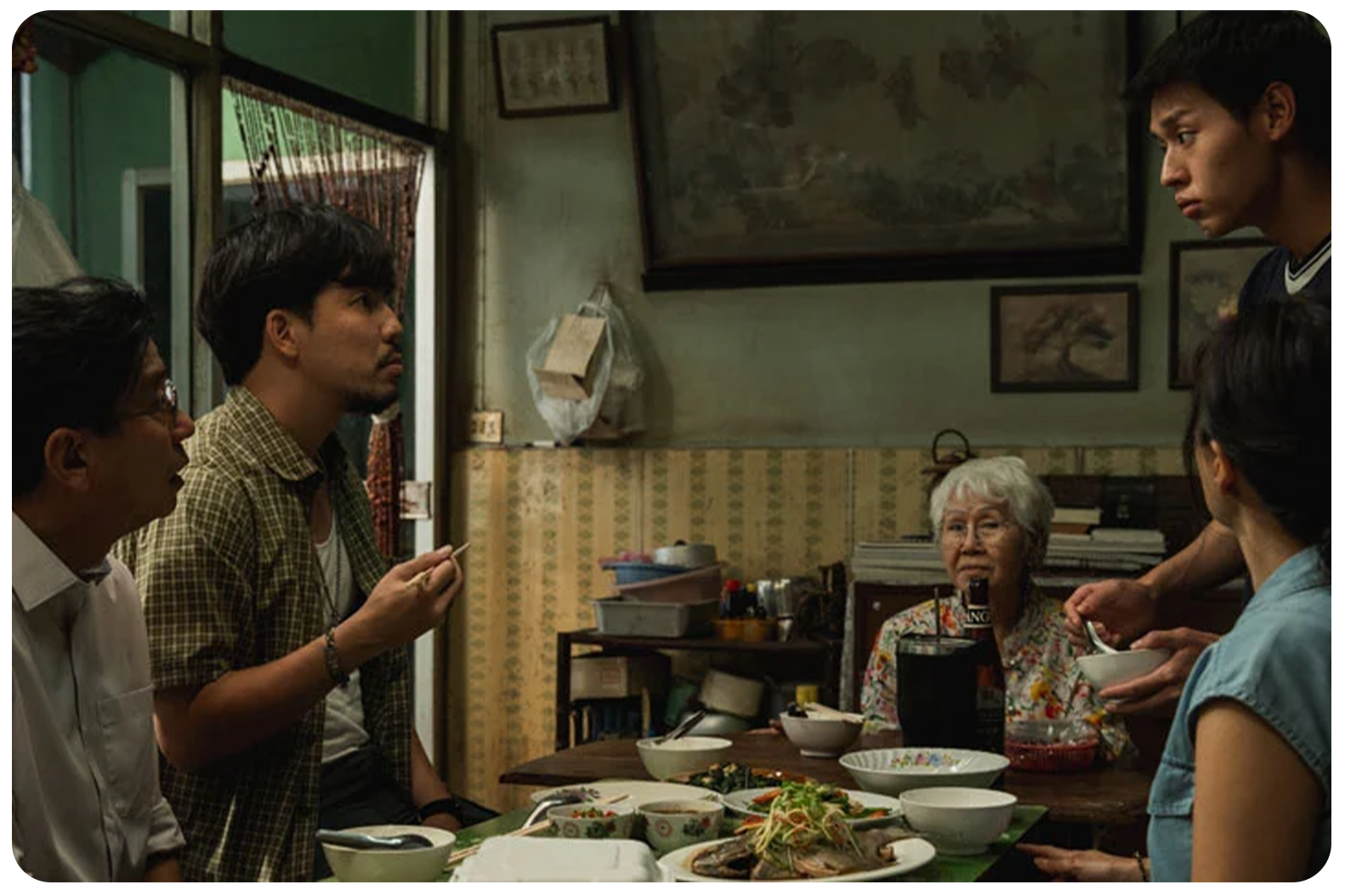
Amah’s love for her older son is shown when she makes excuses for him even though he makes a selfish wish at the temple. It is shown when she insists on wearing the sandals he bought even though they are too small. It is shown when she agrees to move to his place even though she knows about his hidden motive.
Amah’s love for her daughter is shown when she wants her to go home and rest after her night shift. It is shown when she tells her not to keep expired food in the fridge. It is shown when she tells her, “I don’t know what’s number one. All I know is that I want to stay with you the most.”
Amah’s love for her younger son Soei is shown when she rather sees him less often because it means he is doing well. It is shown when she chooses to give him her house so that he can settle his debts, even though he did not take care of her.
Amah’s love for M is shown when she saves the pomegranate for him ever since he was a kid. It is shown when she remains silent even after she finds out that M wants to sell her house. It is shown when she apologises for calling him an idiot. It is shown when she plays cards with him and says, “It’s good to have you around. It’s fun.”
The father in the parable loved both his sons too.
His love for the prodigal son drove him to run to his son, to embrace and kiss him when he returned. He put the best robe on him, put a ring on his finger and restored his identity. He killed a fattened calf and threw a feast to celebrate his return.
But he loved the older son too that he left the celebration to find him, and pleaded him to join them. He did not condemn the harsh remarks and hidden motive of his son. Neither did he try to defend himself.
Rather, he simply reminded his son about their intimate relationship.
“‘My son,’ the father said, ‘you are always with me, and everything I have is yours.’” (Luke 15:31)
The father knew and loved both his sons personally and intimately, and he expressed his love for them differently.
As Henri Nouwen wrote in The Return of the Prodigal Son, “The father responds to both according to their uniqueness. The return of the younger son makes him call for a joyful celebration, while the return of the elder son makes him extend an invitation to full participation in that joy.”
There is no number one. There is no comparison. It is simply love expressed in different forms.
A selfless love
The movie also showed Amah asking her brother for money to buy a burial plot. She doesn’t want to ask her children for money. She doesn’t want to use her savings because she intends to keep them for her children and M.
Unfortunately, Amah’s brother chases her out of the house. She is rejected and humiliated, all because she loves her descendants more than herself.
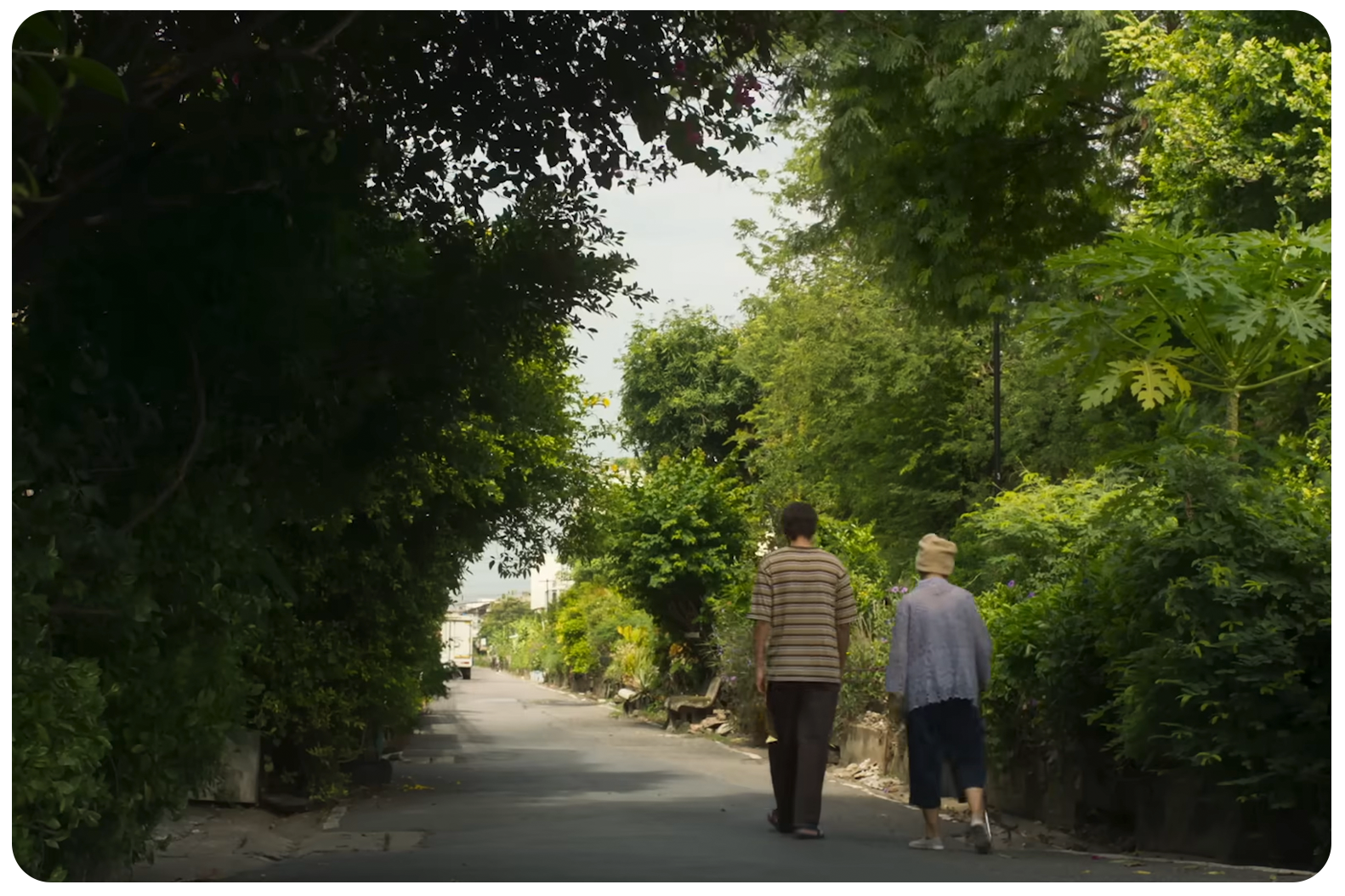
Isn’t that the kind of love that Jesus has shown us?
“Who, being in very nature God, did not consider equality with God something to be used to his own advantage; rather, he made himself nothing by taking the very nature of a servant, being made in human likeness. And being found in appearance as a man, he humbled himself by becoming obedient to death— even death on a cross!” (Philippians 2:6-8)
Jesus was rejected, humiliated and crucified – all because He loves us more than Himself!
He chose to bear the Cross so that we can become heirs of God and co-heirs with Christ, and so that we can share in His inheritance (Romans 8:17).
God bankrupted Heaven and sent His one and only Son to save us from our spiritual bankruptcy. And it’s all because He loves us.
Who is number one?
Much like M and his uncles, we sometimes approach God with our hidden agendas. We sometimes hope that God will reward us after we have served or obeyed Him.
It saddens us that Amah’s descendants only take care of her because they want her inheritance. But the truth is, we too are often guilty of making use of God as a means to an end. We too are guilty of breaking God’s heart.
But thankfully, the story doesn’t end here.
Towards the end of the movie, when M finds out that Amah has dedicated all the savings in her bank account to him, he withdraws all the money to buy a burial plot for her.
As they drive Amah’s coffin to the burial plot, M knocks on the coffin and says with tears in his eyes, “Amah, you’re my number one.”
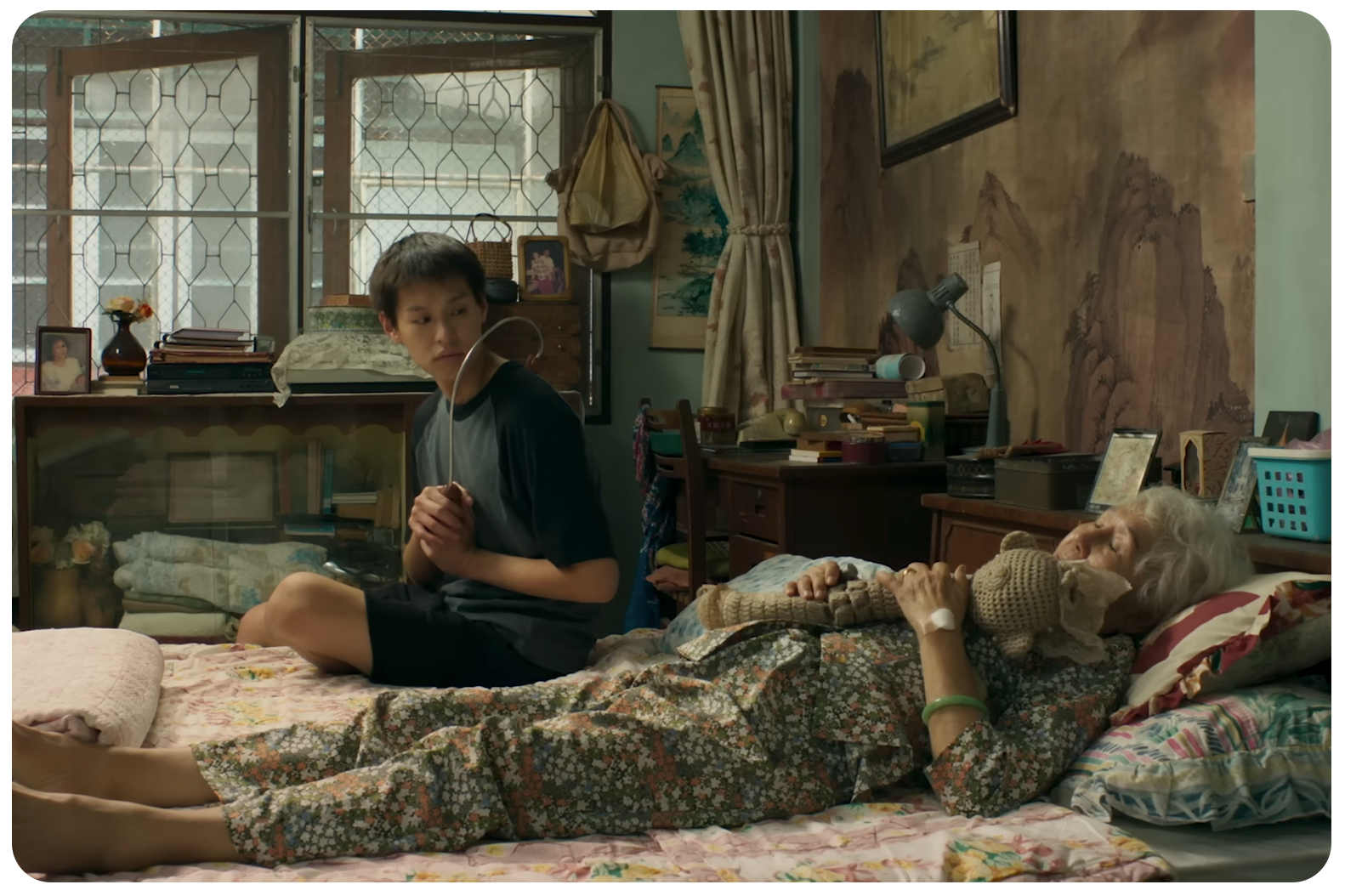
Today, will we choose to use the treasures that God has entrusted to us for His Kingdom, His Church, His people, His purpose and His glory?
We don’t have to strive or compete to be God’s number one. But we do have to ask ourselves this: Is God our number one?
This is the million-dollar question before we die.
- Who or what takes the number one in your life?
- Do you love God with hidden agendas?
- Take some time to bring these things to God and repent. Share them with people who can journey with you!








